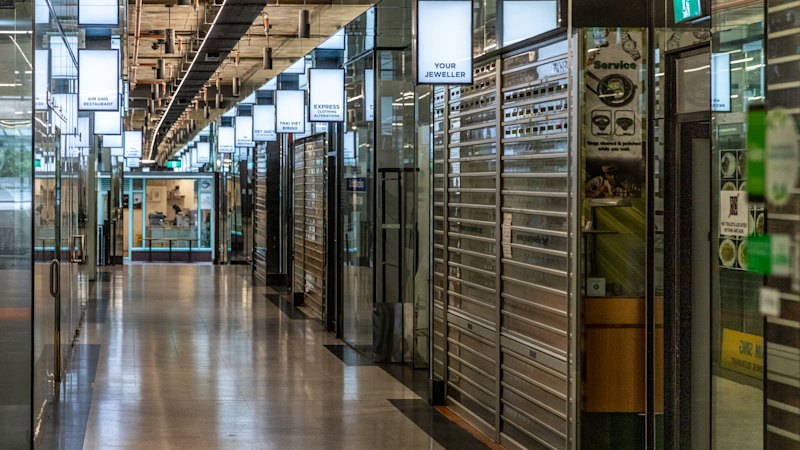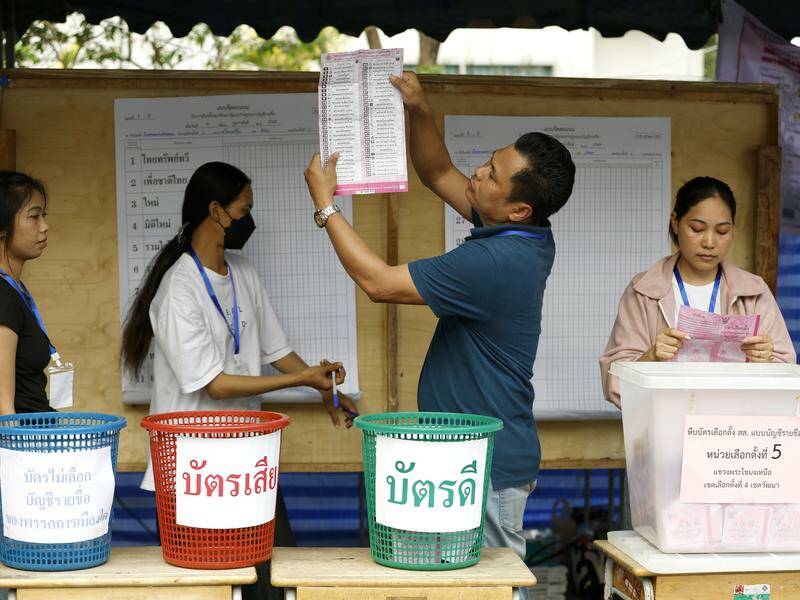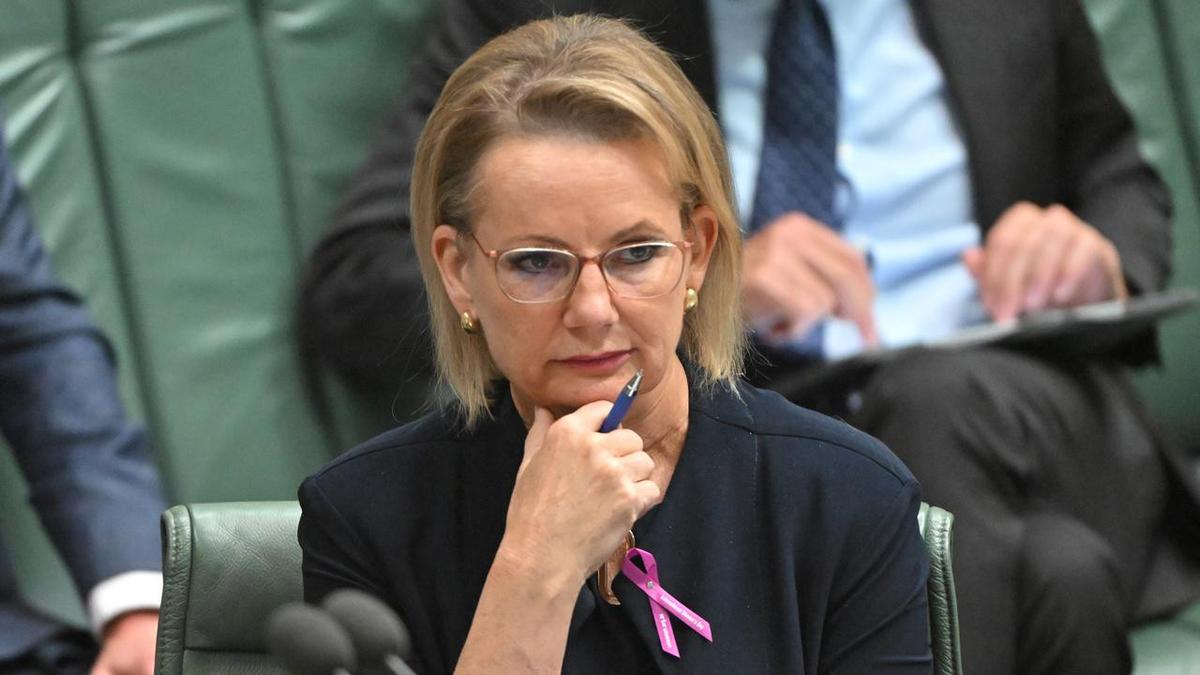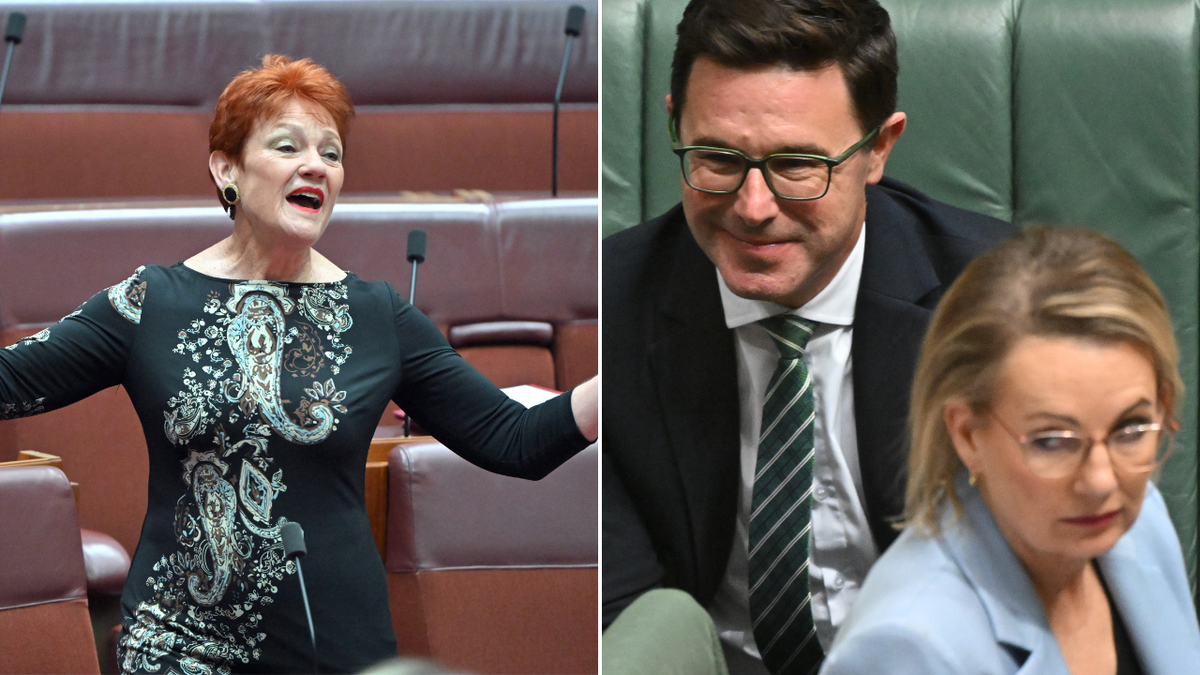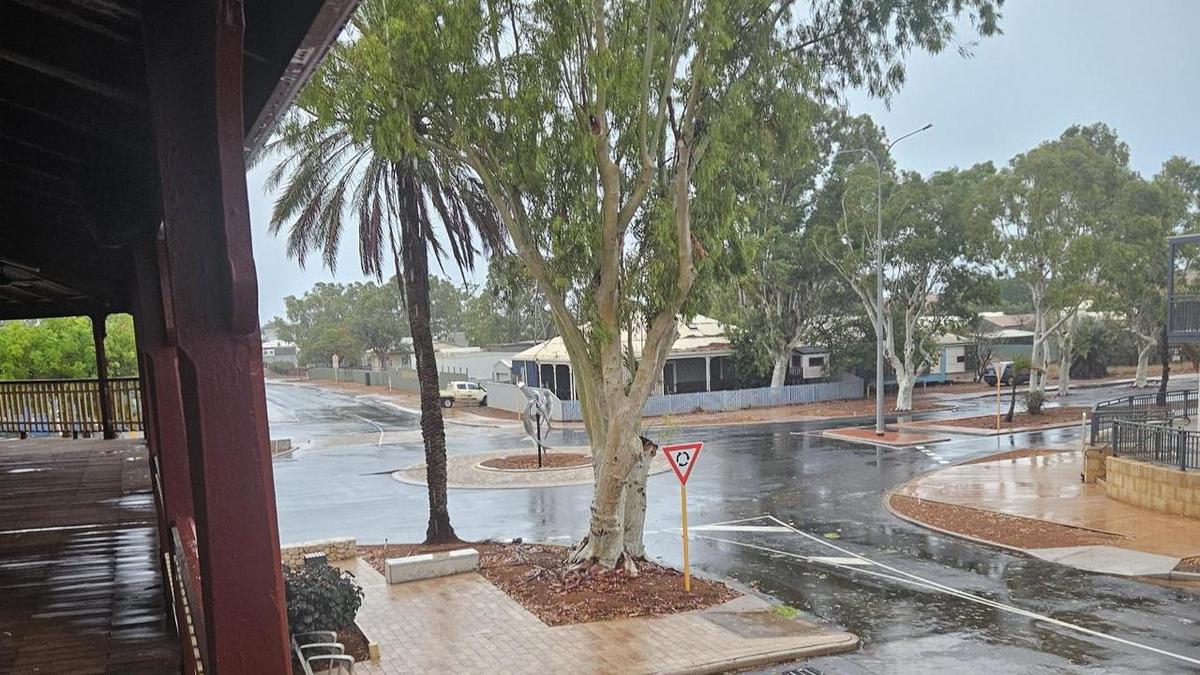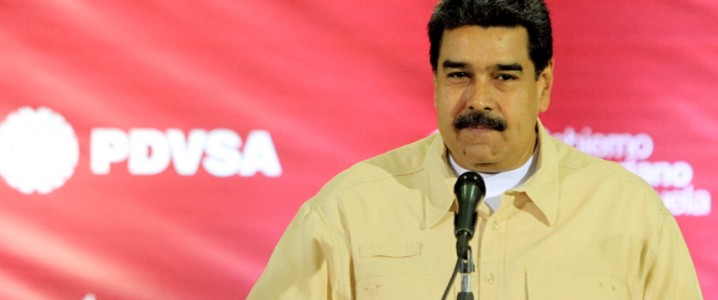
U.S. President Donald Trump issued a stark warning to Venezuela on September 6, 2023, demanding the return of “prisoners and people from mental institutions.” He cautioned that failure to comply would result in “incalculable” consequences. This threat coincided with the deployment of U.S. military forces, including Navy and Air Force units, to the Eastern Caribbean, raising concerns about escalating tensions between the two nations.
The U.S. administration has framed Venezuela as a nation controlled by a “criminal organization” known as the Cartel de los Soles, allegedly led by President Nicolás Maduro. Analysts suggest that this narrative serves to justify military actions and may aim to facilitate regime change in Venezuela. Recently, the U.S. military conducted airstrikes against boats suspected of drug trafficking linked to Venezuela. However, a statement regarding the third strike notably refrained from mentioning the country, reflecting legal ambiguities surrounding such operations.
As U.S. naval forces surround Venezuela’s coast, some analysts argue that targeting speedboats may be more symbolic than effective. At Guacamaya, research has indicated that the Cartel de los Soles narrative is politically motivated, crafted by specific interests to push for changes in Venezuela’s leadership. Similar patterns have emerged with the use of terms like “Tren de Aragua,” which fluctuate in prevalence based on political expediency.
In his messaging, Trump has prioritized the issue of fentanyl, a substance responsible for approximately 70% of overdose deaths in the United States. Despite the focus, only about 5% of Colombian cocaine transits through Venezuela, according to the Drug Enforcement Administration (DEA). Venezuela, however, possesses substantial natural resources, including an estimated 300 billion barrels of oil and significant reserves of gas and minerals.
Caracas maintains a close relationship with Havana, making it a focal point for political interests in South Florida, particularly among the Cuban-American community. This situation raises questions about the potential for further conflict or the possibility of negotiations between the U.S. and Venezuela.
Despite the aggressive rhetoric, there are indications that both the White House and the Venezuelan government may be open to dialogue. Trump’s statement creates ambiguity around whether his administration’s focus on deportations could shift the approach to Maduro’s regime. On the same day as Trump’s post, Reuters reported that Maduro extended an offer for direct talks through Presidential Envoy for Special Missions Richard Grenell.
The urgency of addressing the migrant crisis is apparent, with the U.S. reportedly sending two flights of Venezuelan migrants back home each week. By mid-September, this could result in 54 flights and approximately 10,000 deportees. This raises the question: could increasing the pace of deportation flights offer a straightforward solution?
When it comes to drug trafficking, would a commitment from Maduro to combat cocaine transit suffice? If fentanyl is Trump’s primary concern, addressing its prevalence might be more manageable than expected.
Energy resources remain a crucial topic in discussions between Washington and Caracas. If negotiations resume, oil and gas will undoubtedly feature prominently on the agenda. The sanctions waiver allowing Chevron to operate in Venezuela remains active, with local estimates indicating that the company ships around 80,000 barrels of oil per day to the U.S., significantly below last year’s peak of 300,000 bpd.
The rationale behind Chevron’s special authorization includes its need to recoup debts, raising questions about fairness towards other oil firms barred from similar access. U.S. and European creditors are owed significant sums, including $70 billion in bonds and at least $23 billion in arbitration claims, mostly from American and European entities.
Another aspect of the Chevron license involves maintaining a foothold in Venezuela to counter China’s growing influence in the region. Currently, China accounts for approximately 85% of Venezuela’s oil exports, often at discounted rates. Chinese firms, such as China Concord Petroleum and Kerui Petroleum, are now involved in crude extraction while U.S. and European investors remain restricted by sanctions.
The return of Iran’s fleet, which previously supplied diluents for Venezuelan crude, adds another layer to this complex situation. Historically, the U.S. and Venezuela shared a symbiotic relationship, with the former exporting light petroleum products to facilitate the latter’s heavy crude exports.
The ongoing sanctions framework presents a dilemma for the U.S. administration. Will it escalate tensions, potentially jeopardizing its last foothold in Venezuela, or will it leverage negotiations to enhance economic ties and secure favorable conditions for American businesses? Trump’s past efforts to forge energy deals with various countries suggest that he may pursue a similar strategy with Venezuela.
As the situation evolves, the international community will be closely watching for developments that could impact both diplomatic relations and energy markets.

